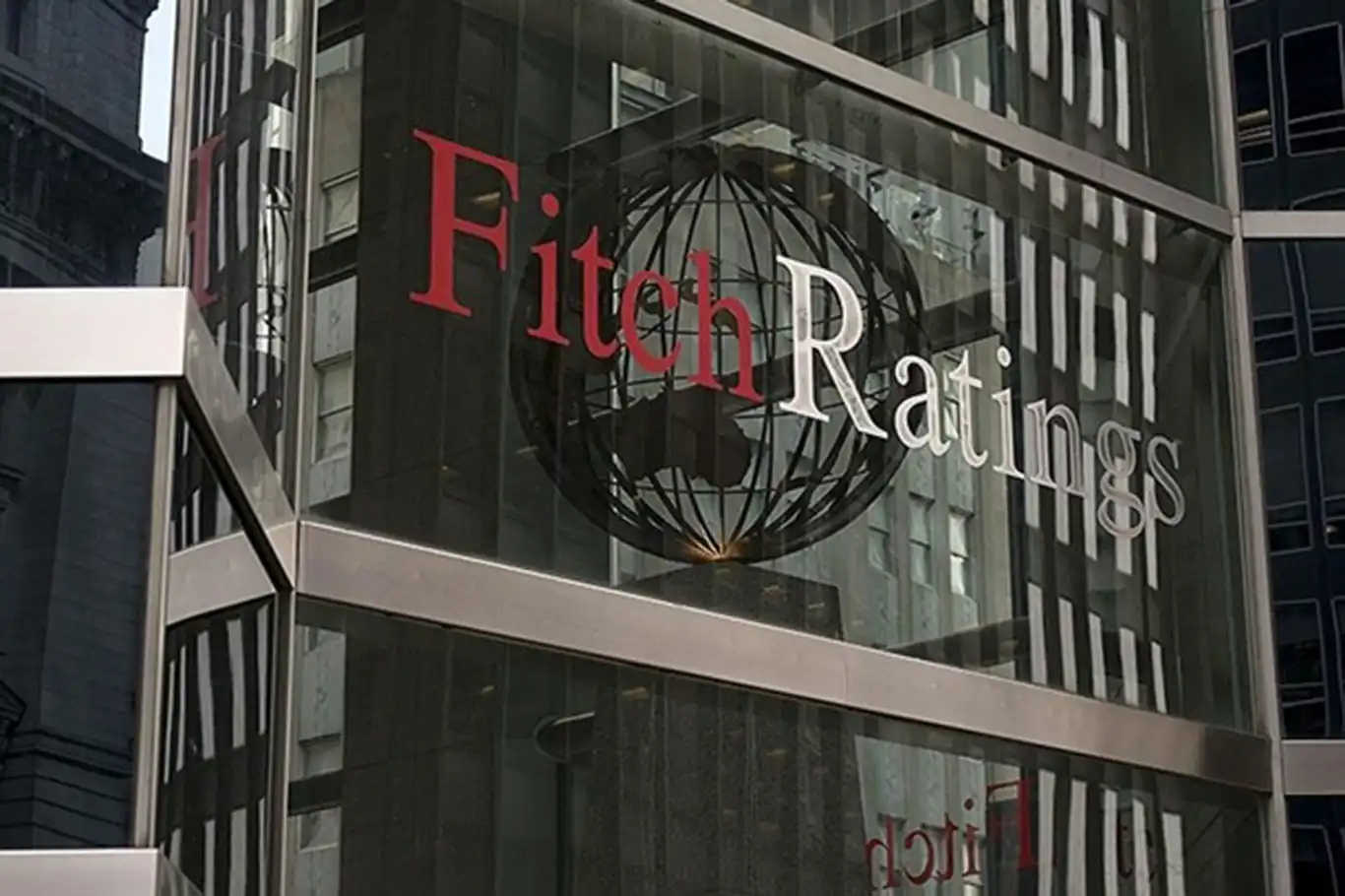Fitch Ratings sees improved economic outlook for Türkiye in 2025


International credit rating agency Fitch Ratings has expressed optimism about Türkiye's economic outlook for 2025.
The agency believes that the country's recent policy rebalancing efforts have led to a significant reduction in external vulnerabilities and improved market perception.
Fitch Ratings highlighted the importance of maintaining tight monetary policy conditions and implementing rational fiscal policies to further reduce inflation and strengthen the economy. The agency noted that while significant progress has been made, high and persistent inflation remains a challenge.
The analysis also emphasized the need for Türkiye to continue its efforts to rebuild the credibility of its monetary policy and ensure sustained access to external financing.
As Türkiye moves forward, the international community will be closely watching the country's economic performance and its ability to navigate global economic uncertainties. (ILKHA)
LEGAL WARNING: All rights of the published news, photos and videos are reserved by İlke Haber Ajansı Basın Yayın San. Trade A.Ş. Under no circumstances can all or part of the news, photos and videos be used without a written contract or subscription.
Türkiye’s short-term external debt stock edged down in October, declining by $21 million from the previous month to $165.7 billion, according to data released by the Central Bank of the Republic of Türkiye (CBRT).
Türkiye’s gross domestic product (GDP) per capita index based on purchasing power parity (PPP) stood at 72 in 2024, according to figures released by the Turkish Statistical Institute (TurkStat) on Wednesday.
A total of 183,172 road motor vehicles were registered in Türkiye in November, according to data released by the Turkish Statistical Institute (TurkStat) on Wednesday.
Housing sales in Türkiye declined in November, even as the overall market maintained solid growth over the first eleven months of the year, according to data released on Tuesday by the Turkish Statistical Institute (TurkStat).